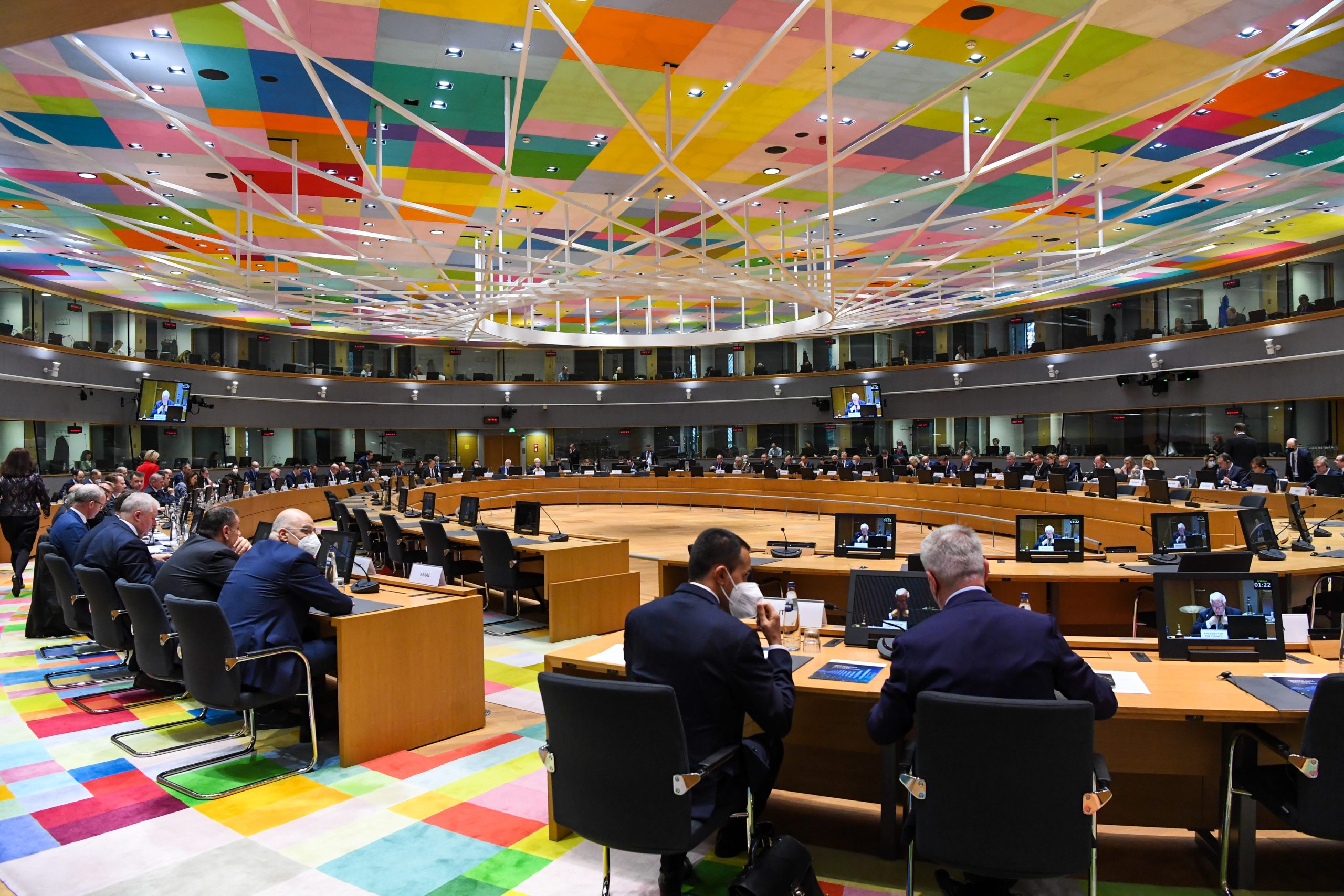Today the Council has formally approved the Strategic Compass, at a time when we witness the return of war in Europe.
The Compass gives the European Union an ambitious plan of action for strengthening the EU’s security and defence policy by 2030.
The more hostile security environment requires us to make a quantum leap forward and increase our capacity and willingness to act, strengthen our resilience, and invest more and better in our defence capabilities.
The strength of our Union lies in unity, solidarity and determination. The objective of the Strategic Compass is to make the EU a stronger and more capable security provider. The EU needs to be able to protect its citizens and to contribute to international peace and security. This is all the more important at a time when war has returned to Europe, following the unjustified and unprovoked Russian aggression against Ukraine, as well as of major geopolitical shifts. This Strategic Compass will enhance the EU’s strategic autonomy and its ability to work with partners to safeguard its values and interests.
A stronger and more capable EU in security and defence will contribute positively to global and transatlantic security and is complementary to NATO, which remains the foundation of collective defence for its members. It will also intensify support for the global rules-based order, with the United Nations at its core.
The threats are rising and the cost of inaction is clear. The Strategic Compass is a guide for action. It sets out an ambitious way forward for our security and defence policy for the next decade. It will help us face our security responsibilities, in front of our citizens and the rest of the world. If not now, then when?
Josep Borrell, High Representative of the European Union for Foreign Affairs and Security Policy
The Strategic Compass provides a shared assessment of the strategic environment in which the EU is operating and of the threats and challenges the Union faces. The document makes concrete and actionable proposals, with a very precise timetable for implementation, in order to improve the EU’s ability to act decisively in crises and to defend its security and its citizens.
The Compass covers all the aspects of the security and defence policy and is structured around four pillars: act, invest, partner and secure.
Act
In order to be able to act rapidly and robustly whenever a crisis erupts, with partners if possible and alone when necessary, the EU will:
– establish a strong EU Rapid Deployment Capacity of up to 5000 troops for different types of crises
– be ready to deploy 200 fully equipped CSDP mission experts within 30 days, including in complex environments
– conduct regular live exercises on land and at sea
– enhance military mobility
– reinforce the EU’s civilian and military CSDP (Common Defence and Security Policy) missions and operations by promoting a rapid and more flexible decision-making process , acting in a more robust way and ensuring greater financial solidarity
– make full use of the European Peace Facility to support partners
Secure
In order to strengthen its ability to anticipate, deter and respond to current and fast-emerging threats and challenges, and safeguard the EU’s security interest, the EU will:
– boost its intelligence analysis capacities
– develop Hybrid Toolbox and Response Teams bringing together different instruments to detect and respond to a broad range of hybrid threats
– further develop the Cyber Diplomatic Toolbox and set up an EU Cyber Defence Policy to be better prepared for and respond to cyberattacks
– develop a Foreign Information Manipulation and Interference Toolbox
– develop an EU Space Strategy for Security and Defence
– strengthen the EU’s role as a maritime security actor
Invest
Member states have committed to substantially enhance their defence expenditures to match our collective ambition to reduce critical military and civilian capability gaps and strengthen our European Defence Technological and Industrial Base. The EU will:
– exchange on national objectives on increased and improved defence spending to match our security needs
– provide further incentives for member states to engage in collaborative capability development and jointly invest in strategic enablers and next generation capabilities to operate on land, at sea, in the air, in the cyber domain and in outer space
– boost defence technological innovation to fill strategic gaps and reduce technological and industrial dependencies
Partner
In order to address common threats and challenges, the EU will:
– strengthen cooperation with strategic partners such as NATO, the UN and regional partners, including the OSCE, AU and ASEAN
– develop more tailored bilateral partnerships with like-minded countries and strategic partners, such as the US, Canada, Norway, the UK, Japan and others
– develop tailored partnerships in the Western Balkans, our eastern and southern neighbourhood, Africa, Asia and Latin America, including through enhancing dialogue and cooperation, promoting participation in CSDP missions and operations and supporting capacity- building
Background and next steps
The first version of the Strategic Compass was tabled by the High Representative in November 2021, based on the first ever threat analysis to which the intelligence services of the 27 EU member states contributed and a structured dialogue phase amongst EU member states, EU institutions and experts. Successive versions were discussed in February and March 2022 to reflect the debate between member states and to take into account the Commission’s package on defence and space of 15 February and the latest international developments, including in particular Russia’s military aggression against Ukraine. It contributes directly to the implementation of the Versailles agenda.
Once approved, the Strategic Compass is then expected to be endorsed by the European Council on 24-25 March 2022.



